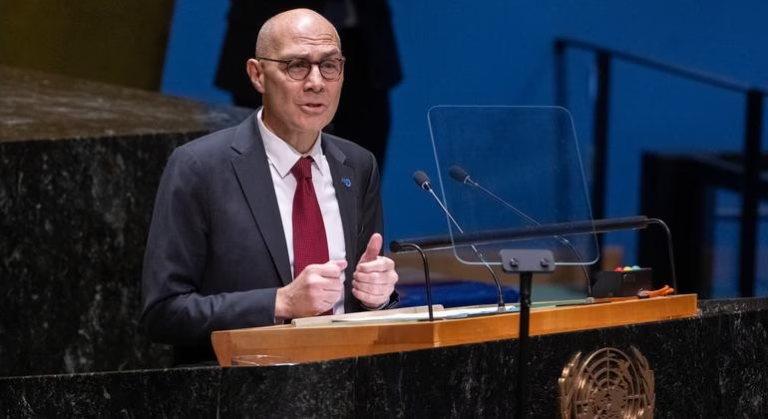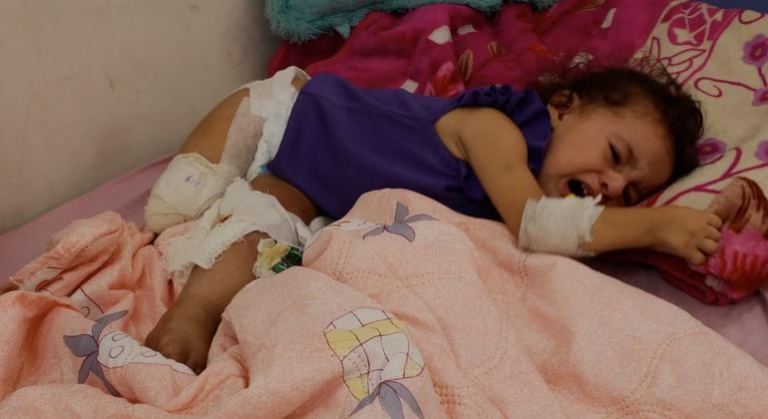Close to 300,000 women annually continue to die during pregnancy or childbirth, and over two million infants die within their first month of life, according to the World Health Organization (WHO), which has launched a year-long campaign on maternal and newborn health. The data accounts for one preventable death every seven seconds. The “Healthy Beginnings, Hopeful Futures” campaign is urging governments and health policy makers to increase efforts to end preventable maternal and newborn deaths, and prioritize women’s longer-term health and well-being. By focusing on empowering healthcare professionals and disseminating crucial information about healthy pregnancies, safe childbirth, and postnatal care, the WHO aims not just to save lives but to ensure both mothers and infants thrive.
Access to high-quality, compassionate care is crucial for the health of women and their families everywhere, WHO emphasizes. Global health systems need to be strengthened to address various health concerns, including complications during childbirth, mental health issues, non-communicable diseases, and family planning, ensuring that women’s needs are met before, during, and after childbirth.
Simultaneously, the proportion of women and girls affected by conflicts has drastically increased in the past year, with women representing 40 per cent of all civilian deaths in armed conflicts. Today, more than 600 million women and girls live in areas affected by violence, marking a 50 per cent increase since 2017. As conflicts escalate globally, the mental health crisis among women and girls worsens. This is evident in regions such as Afghanistan, Gaza, Georgia, and Ukraine, where millions suffer from PTSD, anxiety, depression, and trauma without adequate access to support and care. Only one in five affected individuals receives the required care, highlighting the dire need for global mental health funding, which is currently under two percent of overall health spending.
The stark divide between high and low-income counties regarding mental health services is pronounced. There are over 70 mental health workers for every 100,000 people in wealthy nations, compared to fewer than one in low-income countries. The ongoing conflicts exacerbate this crisis, increasing the number of affected women and making mental health support more urgent than ever. UN Women has highlighted how wars in places like Afghanistan, Gaza, Georgia, and Ukraine are amplifying women’s mental health issues. For women in conflict zones, mental health care is a necessity, not a luxury, crucial for their recovery, dignity, and survival. Countries must invest in mental health as a critical component of humanitarian responses, especially in conflict settings, as emphasized by UN Women, urging governments to listen and take action.
Source: https://news.un.org/feed/view/en/story/2025/04/1161936








